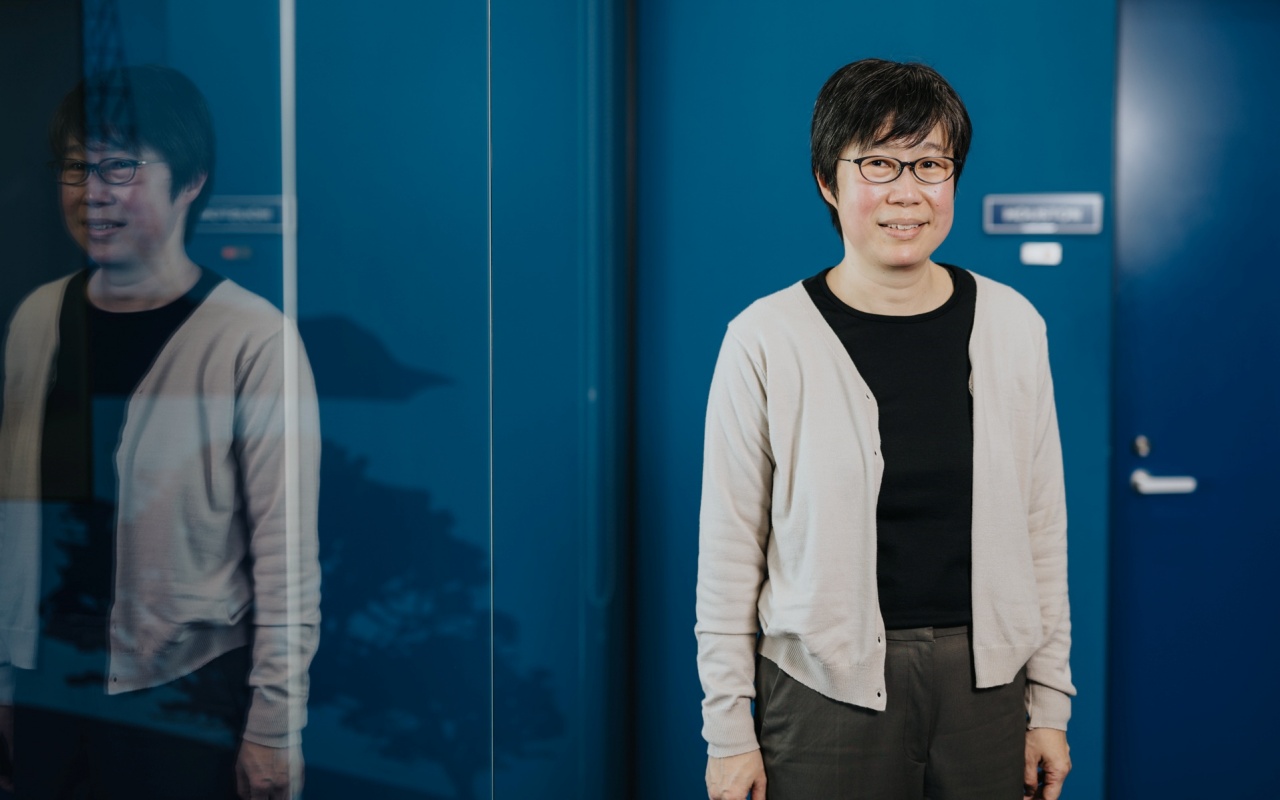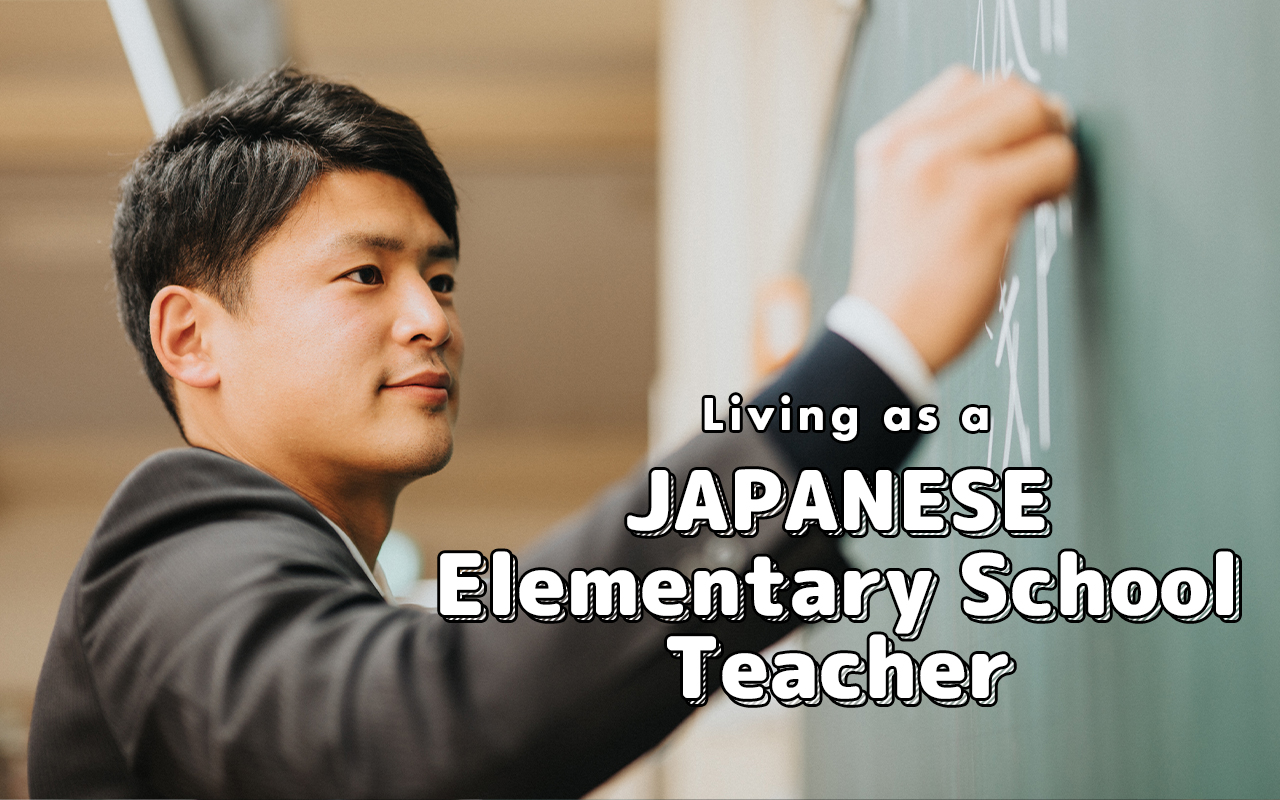Succeeding in Life Starts With Rethinking How We Work

Do your best. Be yourself. Go the extra mile. The business world abounds with expressions that equate hard work with success. Yet how many of us are truly successful? More importantly perhaps, how many of us are truly happy?
If working as hard as possible automatically translated into joy and wealth, there would be no nation more prosperous than Japan. But for many Japanese workers, this unforgiving work environment has turned into a burdensome, if not miserable, daily grind.
The truth of the matter is that there are myriad ways to work yourself to the bone; only few of which open the door to self-actualization. To further grasp when and how trying one's best really matters, we invited renowned scholar and Japanese culture expert Robert Campbell and TV presenter and writer Ayaka Hironaka to discuss their experience with hard work. They were gracious enough to give us valuable insight on how to find one's self in a ruthless workplace.
Do your best where it actually matters





Ayaka Hironaka joined TV Asahi eight years ago. She currently works as a presenter. She is also involved in production for other shows, including Hironaka Radio on AbemaTV, which she hosts. Ayaka writes essays for the website Hanako.tokyo.



Shouldn't we be showing appreciation to our colleagues not by putting a lot of effort into which chocolates should go to whom, but rather by doing our best at what we're responsible for at work?


To put it bluntly, as long as I'm doing the things I have to do, I shouldn't be blamed for making mistakes on things I'm not responsible for. I just want to be able to focus on what I'm supposed to do, and not be evaluated based on other criteria, like choosing chocolate.
Wearing exhaustion as a badge of honor

While overwork can sometimes be caused by getting too caught up in our work, I worry more about trying too hard for the sake of our relationships and how we're perceived by others. Which is why what you mentioned earlier is so important: We need to figure out what is actually pushing us to try our best.
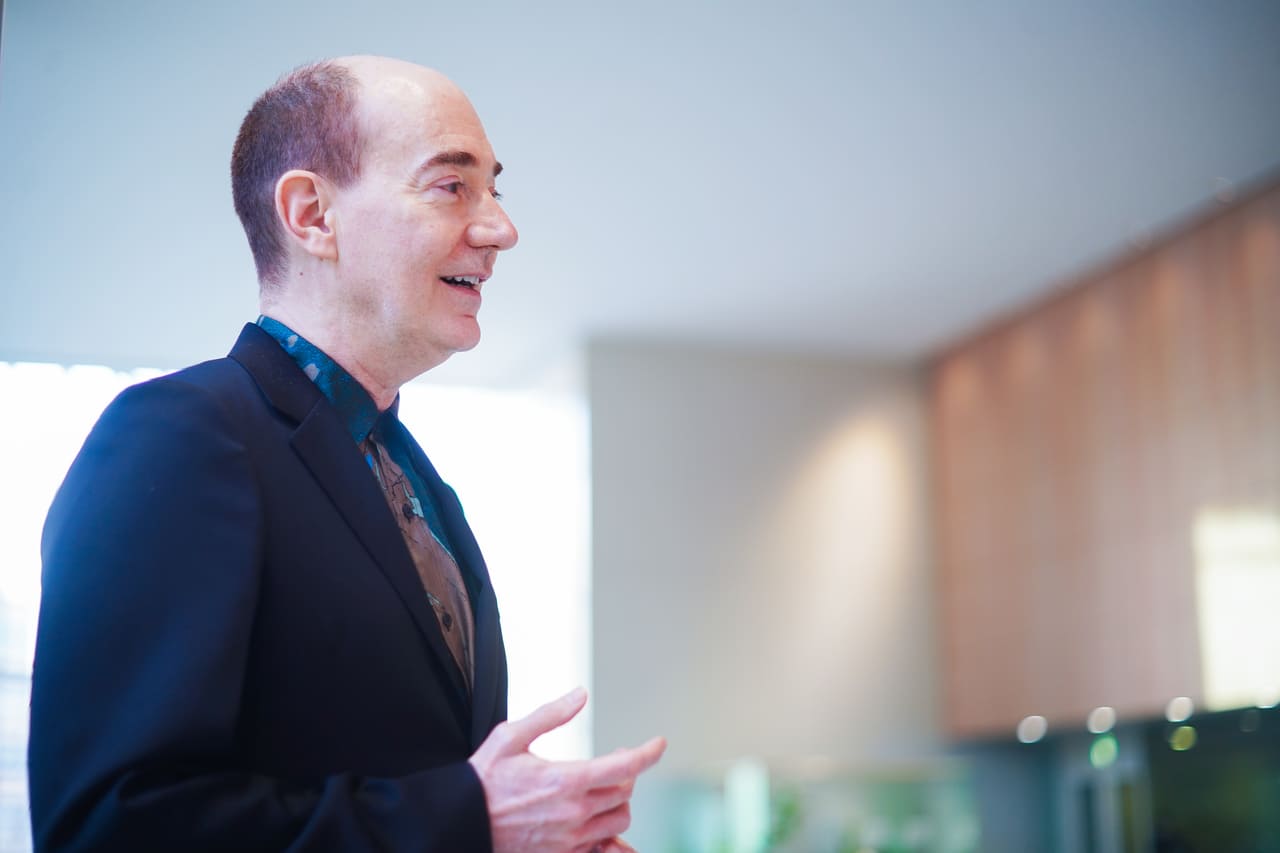
Robert Campbell is a scholar of Japanese literature and the Director-General of the National Institute of Japanese Literature (NIJL), Tokyo. His expertise includes both early modern and contemporary Japanese literature. Besides editing and contributing to numerous volumes on Japanese literature, art and drama, Robert is active in the Japanese media as television host, news commentator, newspaper columnist, book reviewer and radio personality.
He has recently released a video entitled "Japanese Classics in a Time of Contagion" on YouTube.

As a matter of fact, I've been to many kinds of workplaces throughout various industries and nowhere have I seen otsukaresama used quite as much as in your line of work: television.


If you're constantly being told you look tired, chances are you'll begin to feel tired. Through the power of self-persuasion, talking about fatigue is in and of itself exhausting. Once everyone is exhausted, that exhaustion gets interpreted as a sign of how hard you're working. For that reason, you often hear people say with pride things like, "I only slept three hours last night," or "I didn't even have time to eat." Constantly talking about fatigue puts people into the unhealthy habit of wearing their exhaustion as a badge of honor.
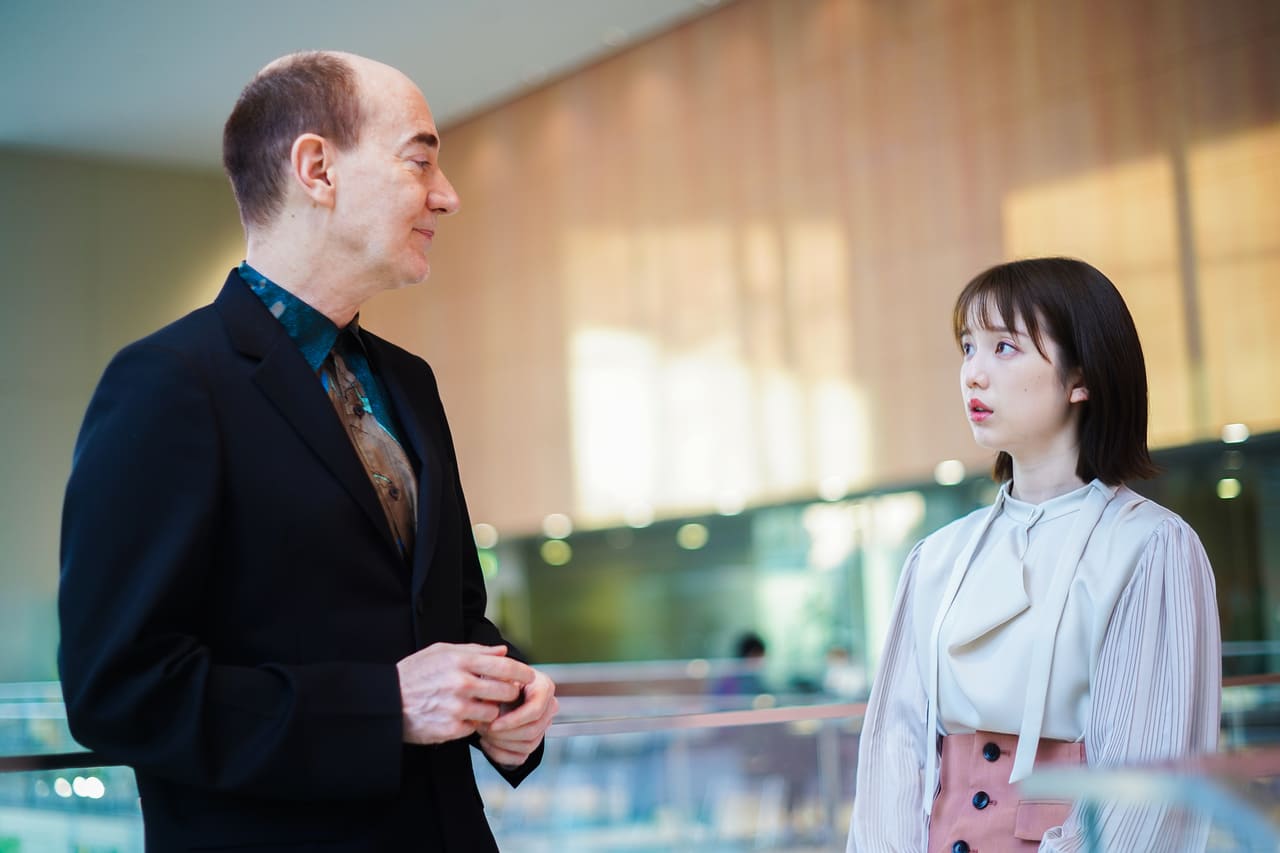
Rethinking our relationship with our companies




We should be thinking of companies as a place where people can become who they want to be.


Since then it's been very important for me to do what my company expects from me to the best of my ability while also communicating what I truly want to do. Even if you want to take advantage of your company, you can't just skimp on what's required and only do the things you want.
By both doing what I have to do and telling people what I want to do, it's as if my territory has gradually expanded. I've had more interesting opportunities to do meaningful projects with those around me.

When you put in effort to do your work well, people will notice and you'll end up with more opportunities for collaboration. In my case, it has led to people I'd never thought of working with coming up to me with opportunities.
Sometimes unexpected situations arise, wherein one person's work can become a valuable asset for another. These newfound opportunities can take you down an unforeseen path, revealing a whole new trajectory for your career.
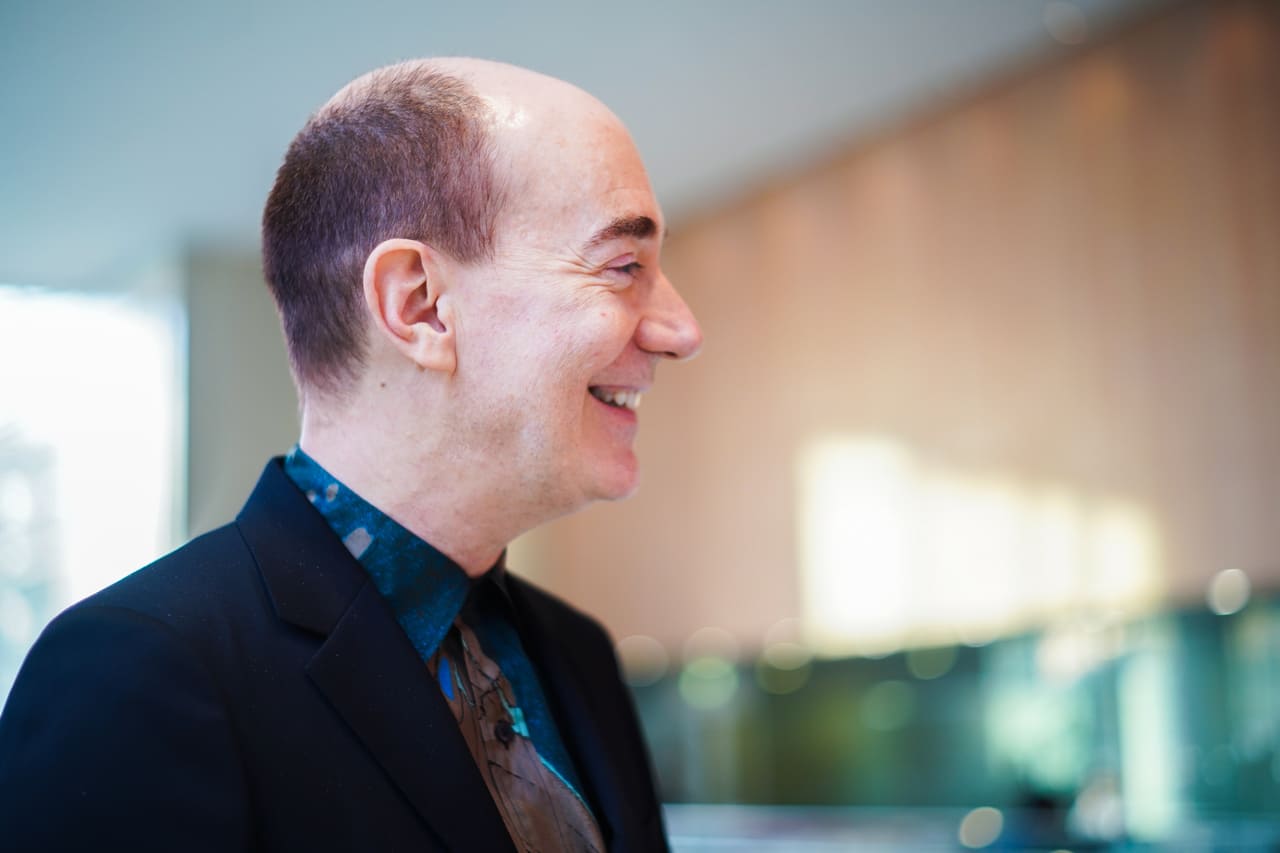


One day I had the opportunity to meet someone working as an editor, and I was able to show them my writing. From there, things lined up one after another and we ended up talking of making a series.
That's why, even if your dreams aren't yet that well defined, it's important to hold on to them and give them shape as you move forward.
Nobody is just one thing




That's why I've honestly never felt the need to conform to a given mold. How about you, do you feel like your image has changed over the years?

I have several personas that I can put forward, whether it's the face I show when I appear on a variety show, or the one I show as a researcher and scholar. But deep down, all of those manifestations of my inner self are connected to a common core.


My job is to conduct research on the history of language, extract the value behind certain expressions, discover what happens when expressions are replaced, and how new value is assigned. I think who I am fits quite well with what I do.
Do you worry about what others think of your decision to do other things in parallel to your job as a TV presenter?



I still value the opinions of my friends, coworkers, and those with whom I have a direct line of communication. I can listen and have a conversation with the people who know me for who I am, and voice their opinions accordingly.

I think it's important to have a community with whom you can share the real you, rather than speaking to the world at large. After all, the concept of "society" isn't something you can really grasp in real life.
That's why I too make a point not to care about opinions from people whose name or contact information I don't know. Even if they're saying nice things... I mean, maybe a little, if they're saying nice things. (laugh)
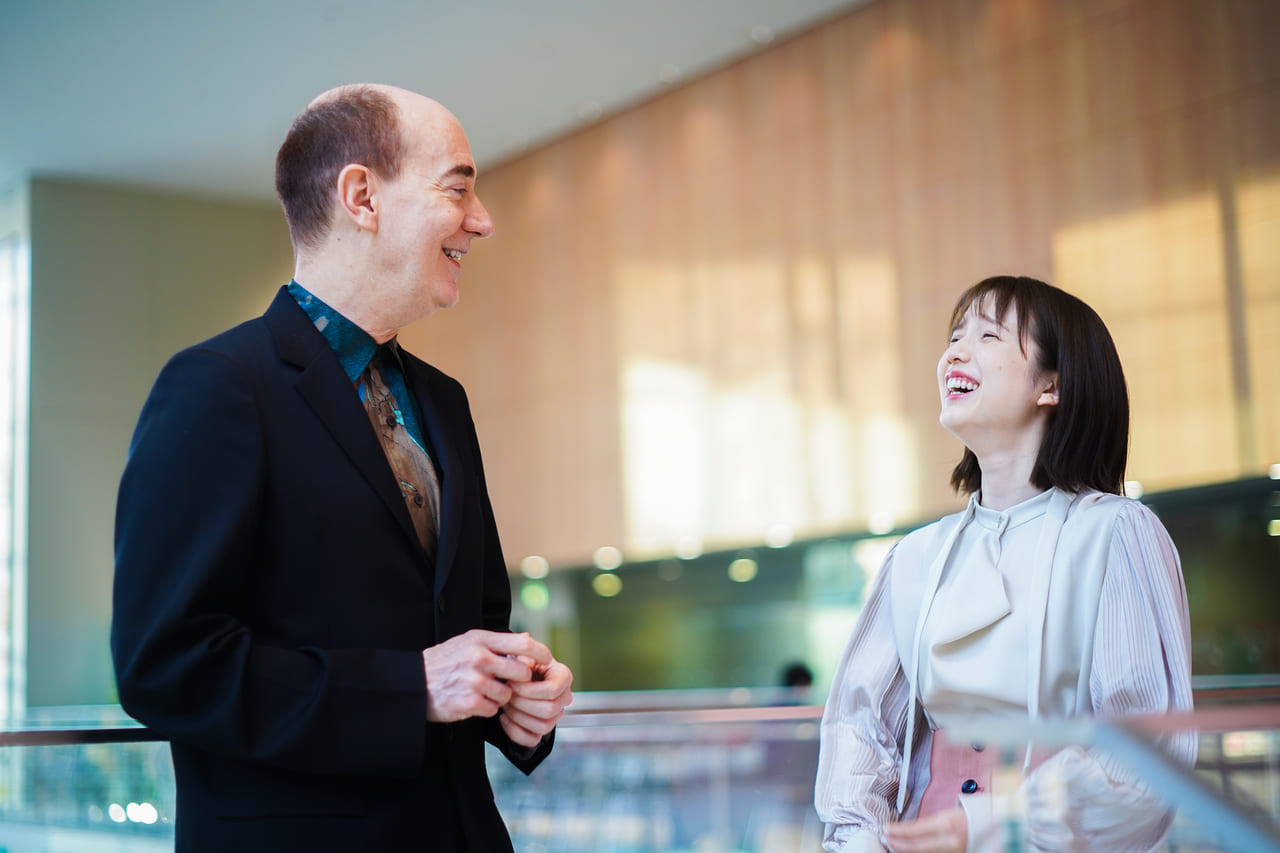


Whether it's eating something tasty, exercising, having a glass to drink, petting my cat—I also like to look at distant landscapes. That's why going to remote Japanese onsens (hot springs) helps me recharge.

Dividing society into categories

Historically in Japan, status at birth determined everything, from the way you were allowed to behave, to the patterns and fabric of the kimono you could wear. People back then worked hard to associate outward appearance with who they were on the inside.


That being said, nowadays people like yourself no longer have to be pigeonholed into narrow categories like "female presenter." You have the opportunity to break out and show that you can be other things too, which would have been inconceivable in the past.


I don't think it's necessary to come out in all circumstances, but what they were telling me was that due to a lack of understanding from their direct supervisors, they feared there was a strong chance they would miss out on opportunities.
In Japan, we're slowly getting used to seeing sexual minorities on our television screens every day. However, in most places around the world, it's still uncommon to have people come out and openly say "Hey, I'm a sexual minority" when it isn't related to their work. We are just starting to see it in the West, but that's it.
People still feel gripped by the creeping anxiety that at some level they won't be accepted for who they truly are.


The social scoring system

In my work, I haven't yet made it to the level of middle management, but from where I stand, it seems like when organizations evaluate people, they tend to want to remove points rather than add them.




This is your eighth year working for your company, right? I hope you keep that way of thinking five years down the road, when you'll be in a position of greater authority.
I'll also often find myself in meetings where I'll listen to someone speak and feel that negativity oozing out of every word they say.
It would be impossible to go back over every comment and add, "Well, you know, there's also this positive thing you haven't mentioned." But not doing anything would also be wrong, so first I try to store everything they said in a corner of my mind.
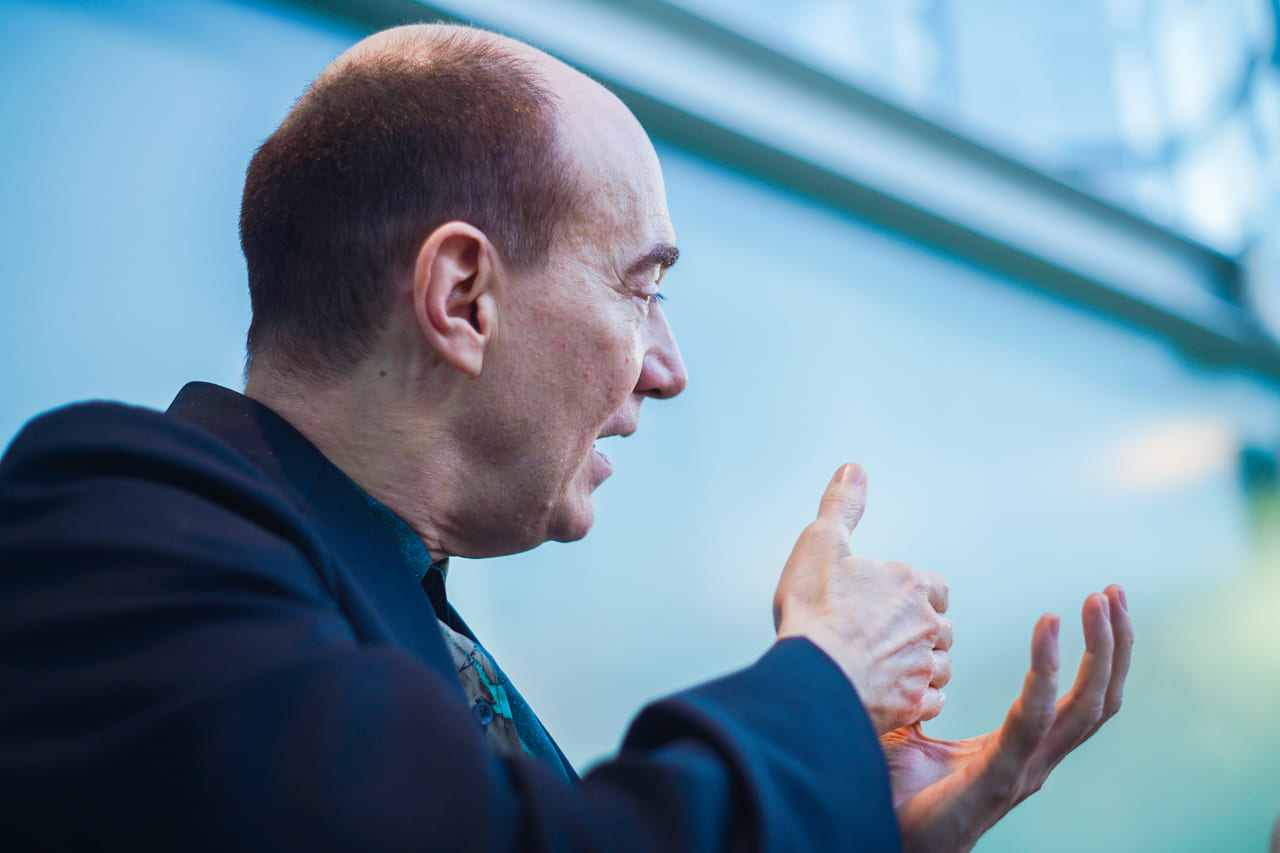

If more people—particularly team leaders—are able to adopt this way of thinking, I think the workplace will become more comfortable for everyone.
Society needs you to speak up


That being said, Japan has built a public education system in which everyone is expected to advance in the same direction, and there is little tolerance for stepping out of line. It's a culture that attaches particular importance to the ability to conform.
While this way of educating people has its upsides and downsides, I believe that five to ten years from now, it will be much better for both individuals and companies to do what you mentioned earlier—namely to use the company as a tool for personal advantage.


That's why if you notice a problem, you have to act on it as an individual. We need more people that have the courage to raise their voice and clearly state when they think something needs to change.


However, even if you act based on egotistical reasons at first, that can have positive repercussions for many of those around you. That's why when it comes to our behavior, the best is to make cool-headed decisions based on what results we personally think would be the most beneficial.
When you were in a position where you had to summon up your courage and start something new, have you ever felt anxiety from what others may think, or how they might criticize you?



To be honest, it only takes real courage the first time around. After that, once you get to the second or third time, not only do you get used to the response, those around you become more understanding of what you're doing.
I'm alright with those I work with thinking, "There she goes again, saying whatever's on her mind."

Of course I still regret making mistakes, but I've learned to say what I think without fear of messing up.
I've noticed that in fact, when people find out that I own up to my mistakes, they trust me more overall. That's why I believe it's important to mess up just a bit sometimes.
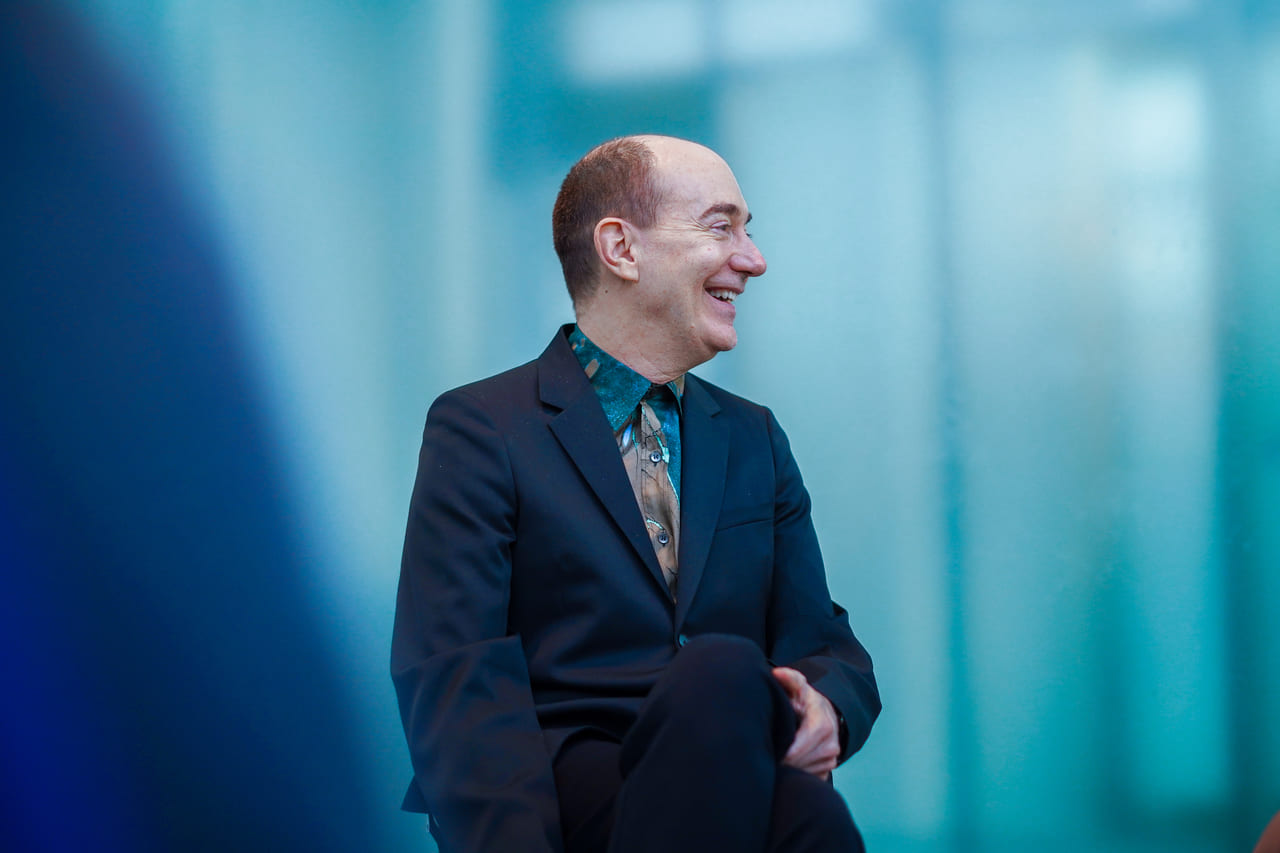


I understand the desire to avoid pain and discomfort, but I feel that before you end up hurting yourself badly and losing everything, it's better to build up immunity by letting yourself make a series of small mistakes.
Those little mistakes are part of what makes us who we were, and we can't be our true selves without making a few mistakes here and there. Although I'll admit, it can sometimes be hard to control your mistakes and keep them small.
Japanese article by Monaka Sonoda. Photographs by Moronnon. Edited by Nanae Matsuo of Note Ltd. Put together by Mina Samejima. English translation by Alex Steullet, edited by Mina Samejima. Japanese articles in two parts available at the links below.
Writer
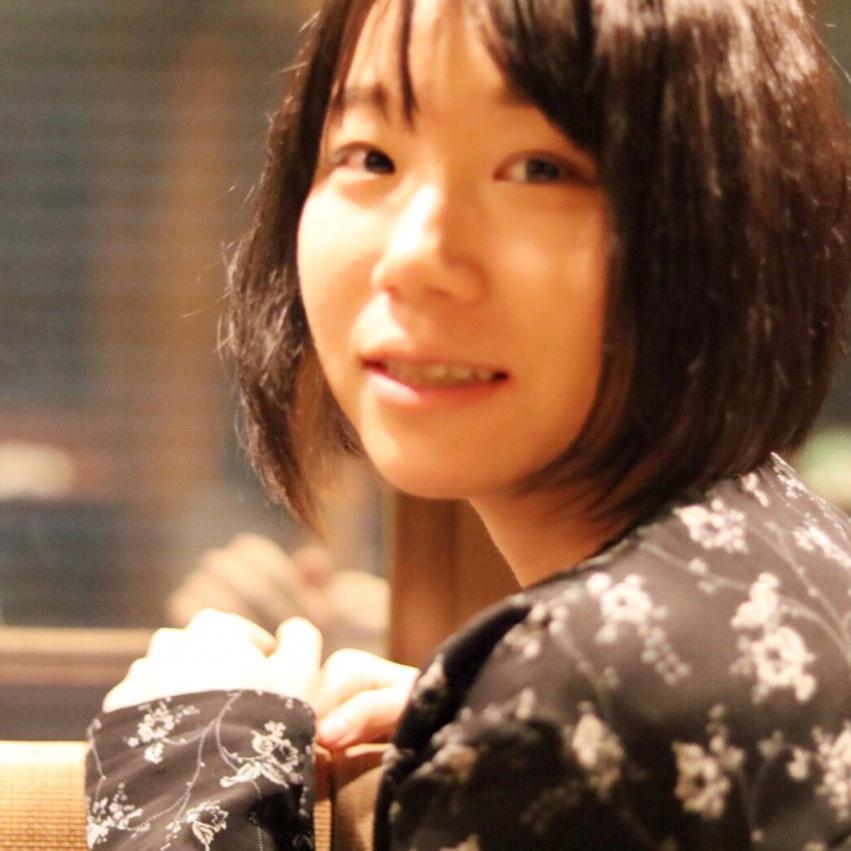
Monaka Sonoda
Monaka is a Japanese freelance writer, focusing mostly on entertainment-related interviews. She also writes a personal blog on making life easier.
Photographer

Moronnon
Moronnon is a professional photographer who wants to showcase a bright pop world through travel and people photography.
Editor

Nanae Matsuo
Nanae is a Japanese content creator and editor for Note, Ltd. She is in charge of several genres, including workstyles and city spotlight media.


